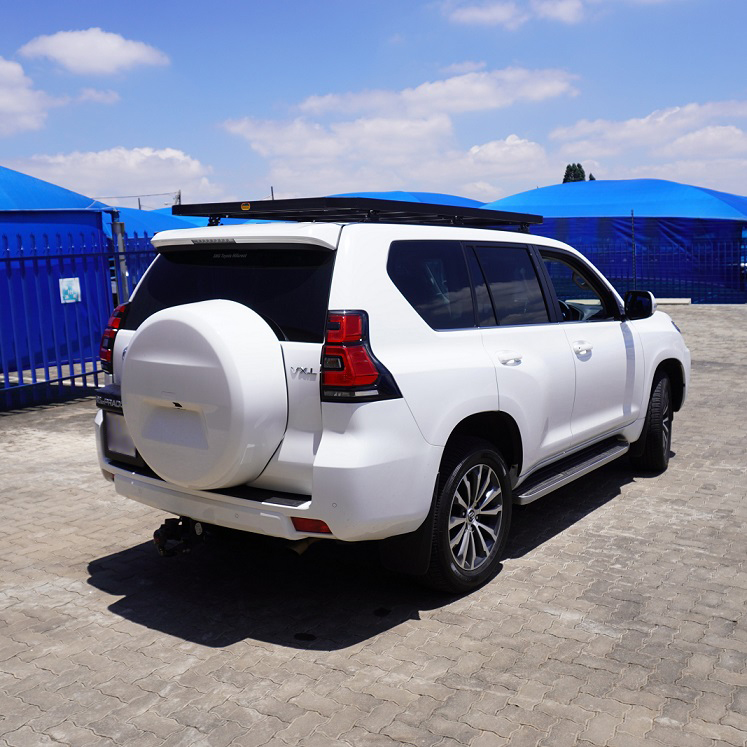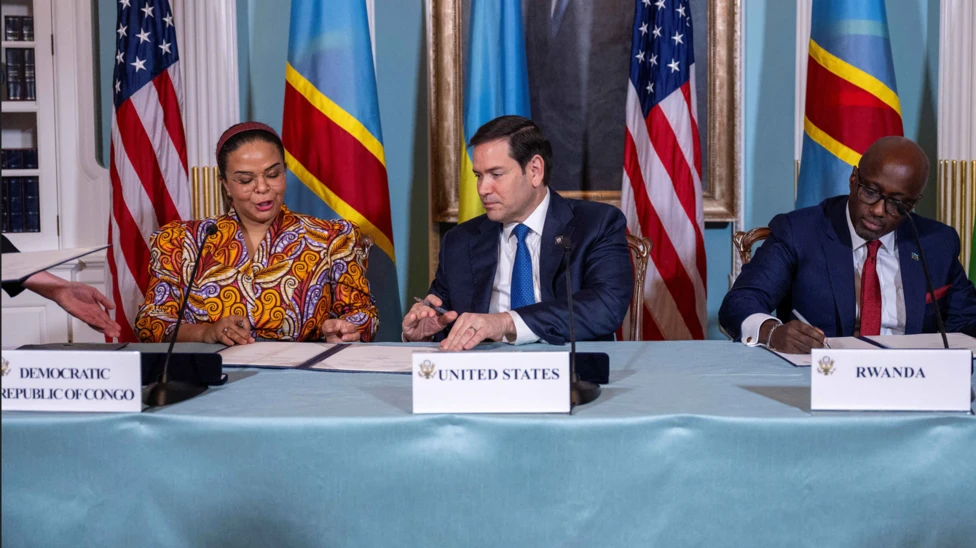HARARE – Zimbabweans intending to import vehicles through Walvis Bay Port stand to incur more in terms of shipping costs after Namibian authorities have imposed a ban on the driving of second hand and left-hand driven cars on the neighbouring country’s roads.
The ban was issued by the Namibia Revenue Authority (NamRA) which said in-transit vehicles will now only be transported through that country on car carrier trailers.
The ban comes into effect on March 1, 2023.
“The Namibian Revenue Authority herewith informs vehicle importers and the public that with effect from March 1, 2023, second-hand motor vehicles will be allowed to transit through Namibia only on a car carrier trailer and no second-hand motor vehicle will be allowed to transit on its own wheels,” the Namibian tax collector said in a statement.
“This amendment to the Customs and Excise Rules of Designation of Places of Entry, Authorised Roads and Routes, and Related Issues: Customs and Excise Act, 1998 (Act No.20 of 1998), results from observed deviation were imported vehicles are dubiously declared as in transit but end up in the local market and subsequently registered on the National Traffic Information System database without paying the required import taxes,” said NamRA.
Zimbabweans who import secondhand vehicles from Europe through Walvis Bay port – Namibia’s largest commercial port – drive them over hundreds of kilometers through that country via Botswana.
South Africa and Botswana already have a similar ban in place and second hand cars imported from mostly Asian countries and come through Durban port, for instance, must be ferried by vehicle carriers up to Beitbridge border post.
This has increased the cost of importing vehicles to Zimbabwe.
















